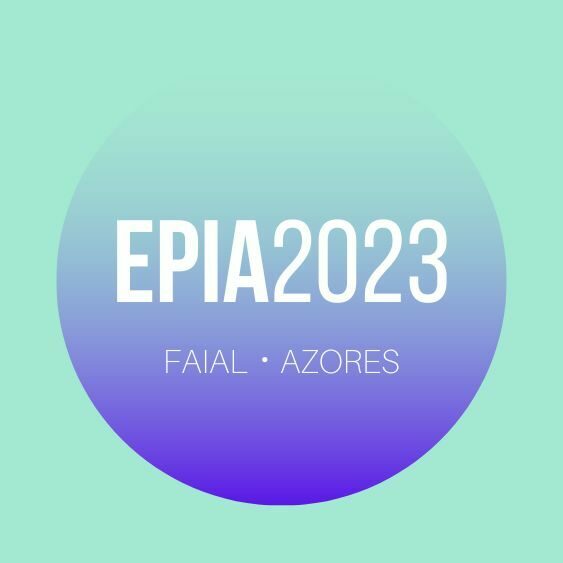Artificial Intelligence in Smart Computing
With the advance of computer networks and hardware technology, it is now possible not only to integrate miniaturized computers into the things in our surrounding, but also possible to connect those things over computer networks and the Internet. This has resulted in the notion of Internet of Things IoT), where a thing is able to collect various stimuli from the environment through sensors integrated in its design, and transmit for other things, local servers, the cloud, etc. for further data processing. Furthermore, with the concept of context-aware systems, computing has become pervasive than ever with various means of context modelling and analysis, which in turn leads us to smart computing. This, entangled with artificial intelligence (AI), could help to improve intelligence and smartness, though having the resource constraints in IoT devices.
Nevertheless, the design and development of smart computing together with AI demand addressing various design issues. For example, as devices and technologies being used in such environment are heterogenous, the human computer interaction (HCI) might require effective and efficient ways of designing cross-platform interaction; being smarter might minimize human intervention, so smart devices might collect data implicitly and feed the data to AI-enabled systems without the consent of users. Yet, privacy could be a concern; contexts should be properly modelled to improve the accuracy of the system, etc. In addition, the aspiration to build an interoperable system requires transparency while pausing security issues.
TOPICS OF INTEREST
- IoT and AI
- Pervasive computing and AI
- Embedded systems design with AI
- IoT privacy protection using AI
- Dynamic system training based on IoT data
- IoT security using AI
- Big data analytics and AI applications in smart computing
ORGANIZATION COMMITTEE
- Sherin M. Moussa, Université Française d’Égypte, Egypt
- Dagmawi Lemma, Addis Ababa University (Ethiopia) / African Center of Excellence in IoT (Rwanda)
Program COMMITEEE
- Abdelaziz Abdelhamid, Shaqra University, Saudi Arabia
- Anna Fabijańska, Lodz University of Technology, Pologne
- Ayalew Belay, Addis Ababa University, Ethiopia
- Christine Lahoud, Université Française d’Égypte, Egypt
- Damien Hanyurwimfura. University of Rwanda, Rwanda
- Dina Fawzy, Ain Shams University, Egypt
- Faten Chaieb, Université Paris Panthéon Assas, France
- Fekade Getahun, Addis Ababa University, Ethiopia
- Hajer Baazaoui, CY Cergy Paris Université, France
- Mahmoud Mounir, Ain Shams University, Egypt
- Marco Alfonse, Université Française d’Égypte, Egypt
- Marco Zenaro, International Centre for Theoretical Physicshttps (ICTP), Italy
- Mariam Gawich, Université Française d’Égypte, Egypt
- Nouran Ayman, Università Della Svizzera Italiana, Switzerland
- Nuno Manuel Garcia, Universidade Lusófona de Humanidades e Tecnologias, Portugal
- Roaa ElGhondakly, Ain Shams University, Egypt
- Safwat Hamad, Saint Mary’s College of California, USA
- Waleed Adel, Université Française d’Égypte, Egypt
- Yasmine Afify, Ain Shams University, Egypt

